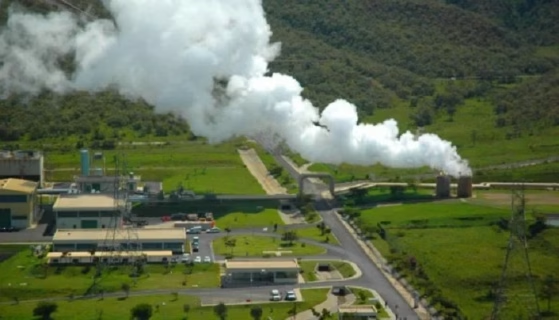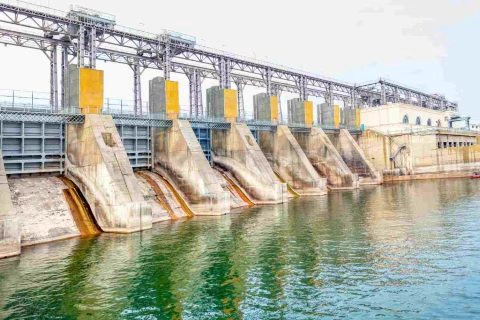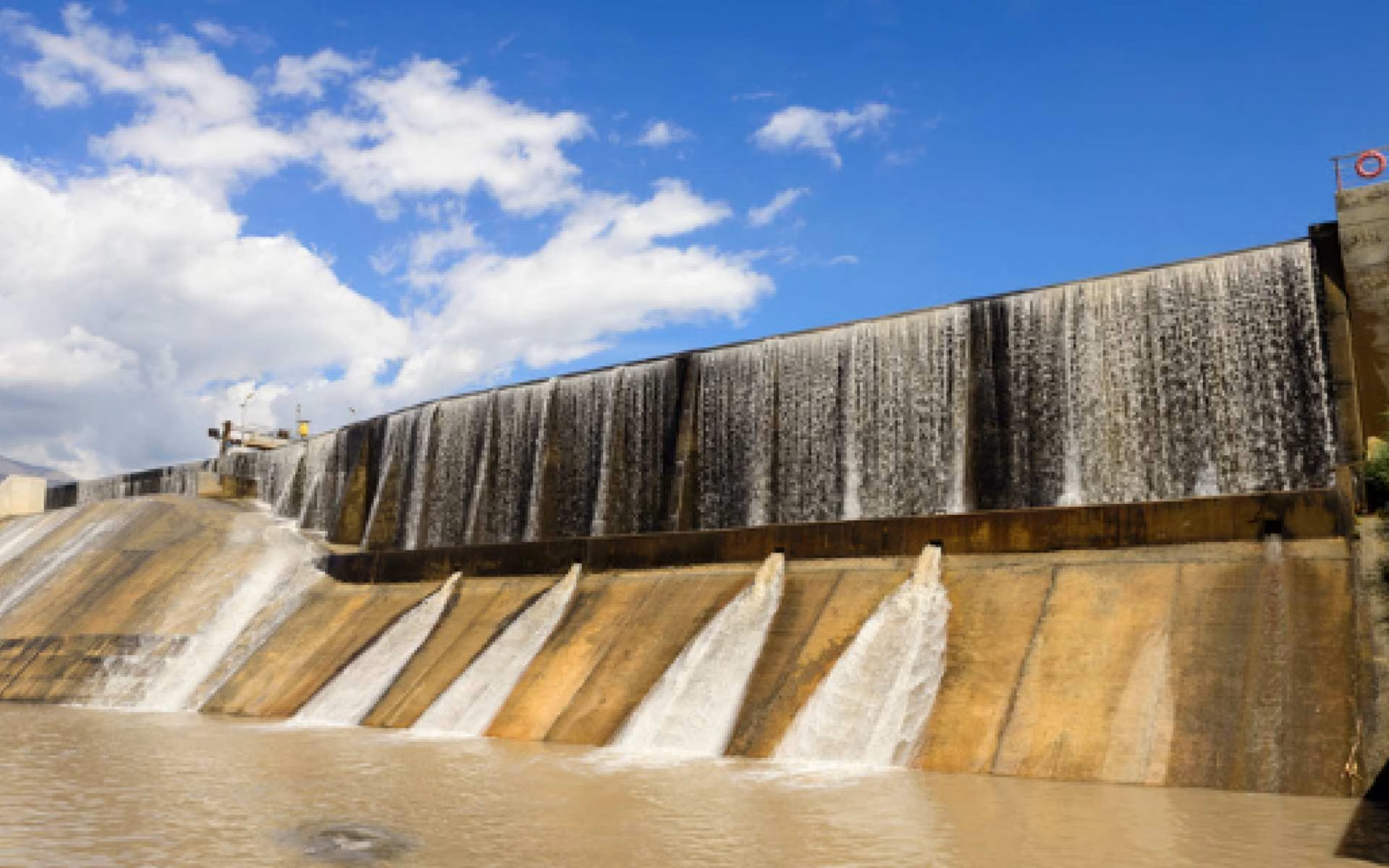The Congo Hydropower Feasibility Study has secured funding from the African Development Bank (AfDB) to assess the technical and economic viability of developing hydroelectric facilities at the Mbandza Ndounga and Linzolo sites. The study is being supported through the Middle-Income Country Technical Assistance Fund, which is managed by the AfDB.
Mbandza Ndounga, located in southern Congo, has been identified for immediate technical evaluation, while the Linzolo site, approximately 20 km south of Brazzaville, is subject to conditional assessment. Both locations will undergo detailed engineering and feasibility analyses as part of the study.
These will look at design possibilities, topography, and environmental conditions. Investigations will help determine whether it is viable to build hydropower plants on a full scale. Significantly, the objective here is to increase energy access and reduce dependence on imported electricity. This is part of broader national efforts to unify the electricity network. Besides, it enhances economic development through energy infrastructure development support. The studies constitute a fundamental step before arriving at construction decisions.
The African Development Bank is committed in improving the growth of renewable energy projects across the continent. Other than Congo’s hydropower feasibility studies, AfDB is also funding Kenya’s Orpower Menengai geothermal project. Kenya has received a $16.5 million funding for the implementation of the OrPower Menengai Geothermal project. The loan was approved by the African Development Bank (AfDB) in November to facilitate the country’s geothermal development. The funding covers the development of the 35 megawatt OrPower Twenty-Two (OTTL) Geothermal Power Plant. It is a flagship renewable energy project set to strengthen Kenya’s baseload power generation.

Cameroon-Congo: Studies for construction of Chollet hydroelectricity dam?to begin in Q1 2021
State of Affairs Regarding Congo’s Hydropower Feasibility Studies
Congo’s hydropower study feasibility of the Linzolo and Mbandza Ndounga dams is an addition to several of the nation’s current energy projects. One of these is the Liouesso Hydropower Plant in the north which has been launched in recent years. It has greatly boosted power reliability in the region. Additionally, the Sounda Gorge project has been on the cards for long, with huge construction potential. Smaller river-based schemes are also being considered. These comprise rural electrification micro-hydropower projects. Despite the developments, there is continued electricity and grid shortage in the nation.

Therefore, Congo’s hydropower feasibility studies at Linzolo and Mbandza Ndounga can be a game-changer. The new sites, if possible, would be able to yield long-term benefits. They would reduce fossil fuels consumption and stabilize regional energy supply. As a result, this would enable industries to develop and improve residential access to electricity. In addition, strategic investment in hydropower is capable of drawing private sector attention. Although development is not yet guaranteed, the studies are a firm indication of intent.
Also read:

Leave a Reply